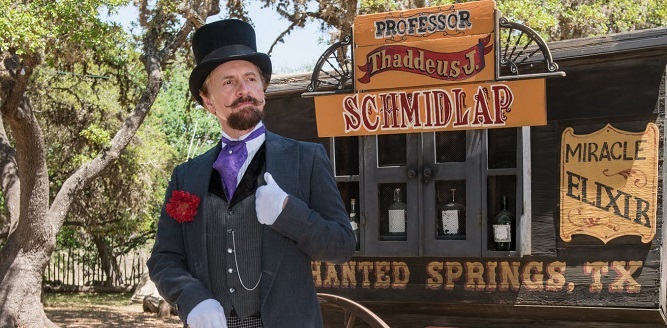
Marching in a steady stream of people shouting familiar slogans through face masks, some of them awkwardly trying to socially distance, my first protest was fairly different from anything I’d have imagined before 2020.
That didn’t make it any less powerful. The speeches given by religious and local Black community leaders, united after the police killing of George Floyd, drew in the hundreds of passionate, chanting protesters who were occupying City Hall and stunned them into mournful silence. Nor did it make it any less necessary. Mapping Police Violence data found that Black people in America are not only 3 times more likely to be killed by police than White people, they are also 1.3 times more likely to be killed while unarmed, culminating this year with the tragic deaths of George Floyd and Breonna Taylor.
The magnitude of racial injustice in our country only makes it more depressing that many members of the Black community have to become activists—even in the middle of a global health pandemic that is disproportionately harming them.
The number of different crises that seem to be occurring right now is dizzying, especially when, once lockdown began, I thought fighting a pandemic as a country could help bring us together and ease tensions. But we live in a time when my neighbors may or may not wear a mask outside based on political preference rather than public safety.
While I have been stuck at home, I’ve been terrified to see that the coronavirus has not only created new problems, but exacerbated a lot of fundamental social issues, from communities of color being more prone to the virus because of inadequate medical care, and overcrowded prisons becoming COVID hot spots, to issues that hit closer to home, such as the gaps in our education system. Also, I’m a quarantined teenager with little political power and whose greatest personal hardships during the pandemic have been dealing with the cruel and unusual 2020 AP exams and the abject terror of phone-banking.
Justice is what love looks like in public.
Cornel West
As I write this, we’ve reached our fourth month of quarantine, and I’ve realized how easy it is to fall into hopelessness. For students who have made the sanity-preserving choice of trying not to care too much about politics, missing major milestones such as graduation or school dances and being in social isolation is more than enough to take a serious toll on a person’s mental health. Some of my friends who are activists have similar feelings of burnout and powerlessness, and have to contend with the irony of trying to help other people while being cut off from them because of social distancing. And as we spend more uncertain months at home while problems mount outside and leaders do little to enforce solutions, it’s not easy to maintain hope.
However, something or someone always helps us get through the most challenging of times. For me, that someone is my sister. As I was feeling ready to disconnect, and the problems in the world felt overwhelming, my sister got me through the listlessness of it all. As did talking to my family, and my friends. Also helpful was being able to attend virtual climate strike rallies and hearing the stories and ideas and voices of other people. Because the humanity of every person—particularly Black, Brown, Indigenous, and Asian people—is what we fight for when we advocate to end police violence, to support better treatment for COVID patients and doctors, or to enforce justice everywhere. And, as in the recent example of protests from Indigenous people leading to the shutdown of the Dakota oil pipeline, that fight has results.
The Glendale March for Black Lives, the first protest I attended, ended with a candlelight vigil for the victims of police brutality. I didn’t feel at all tired, despite standing in the sun for hours, but I did feel an overwhelming sense of collective empathy among every member of the protest. Despite the tragedy of everything happening in our country, I felt hopeful for the first time in a while, because the fight for justice and equity was ultimately a fight on the side of our common humanity.
From the reading I’ve been doing during quarantine—because, like a normal teenager, of course I’d assign homework to myself—one thing that has stuck out for me is Cornel West’s oft-quoted line, “Justice is what love looks like in public.” Even if it’s cliché to bring up, the correlation between the ideas of justice—an abstract and sterile concept—and love—another nebulous idea but one rooted in the human experience—is fascinating. Even while we’re all still stuck at home, I have hope that enough people can find solidarity in demanding justice so that, as the slogan goes, we can finally have some peace.
|
Miriam Awan is a rising high school junior. She is passionate about the environment, equal justice, and animal rights. She loves to read, play cello, draw and cook with her mom and her little sister, and spend as much time as possible with her dog Ziggy Stardust.
|
https://creativecommons.org/licenses/by-nc-nd/4.0/